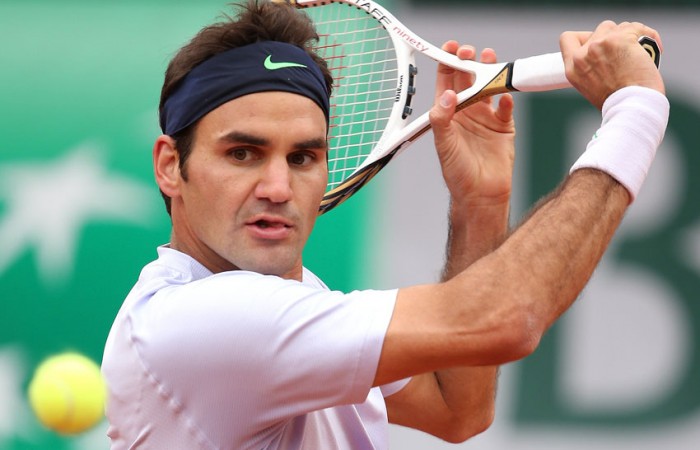How to play like you train
Players saying “if I could only play like I train” is very common for a sport psychologist to hear. Here's how you can adapt your level in training to the match court.
Melbourne, Australia, 13 July 2013 | Matt Ahlberg | Australian Tennis Magazine

One of the most common performance issues we deal within tennis is under-performing. Players saying “if I could only play like I train” is very common for a sport psychologist to hear.
How do players take the same focus, energy, and relaxed, yet intense, attitude into a match that they have achieved at training?
The short answer is awareness and practice.
Players need to be aware of some key mental aspects of their ideal performances and their best training sessions so that they know what they can produce in matches.
The concept of an ideal performance state (IPS) is a crucial one for players and coaches to understand. A player’s IPS is the situation when everything comes together physically and mentally so that performance is focused, intense and almost feels automatic. It’s where the player is so wrapped up in the moment that there is minimal thought, there is just action.
Many players lack an understanding of what their IPS is and, just as importantly, how they can achieve it consistently. Once players become aware of what their IPS is they can practice the skills and use the tools to achieve it in tournaments.
It’s no secret that the best players in the world have a mental edge. A big part of that edge is that they understand what their IPS is and what works for them to achieve it as consistently, whether through intense warm-ups, consistent routines, visualisation, or other skills.
Look for the little things the top players do – and don’t do – which shows you that they are in their IPS. Federer is calm, cool and in control when at his best, using quiet yet positive reinforcement of good points, and moving quickly to the baseline to re-set after bad points. Compare this to Novak Djokovic, who screams and cheers after good points, these emotions fuelling his energy to play well.
There is not necessarily a better or worse IPS; it is more important to find what works for you.
Another component to playing like you train is integrating mental skills into your practice. Once players are aware of their IPS they need to learn how to train it. Players spend hours each day training and practicing the physical, technical, and tactical aspects of their game but don’t spend anywhere near the same time on their mental game.
Yet focused, directed and specific work on this is essential. It’s not enough to think that the hours of training and competition are going to naturally improve your mental game.
Once a player knows what their IPS feels like they need to understand the actions and the thoughts required to achieve that regularly. If your IPS involves playing with high intensity, then achieve that intensity by:
These thoughts and actions then need to be practiced consistently at training, because while in training many players achieve their IPS automatically because they’re more relaxed, it’s rare that it happens automatically in tournaments; players are pressured, anxious and sometimes lacking self-belief.
Training the mental game takes time. You can’t have an unstoppable forehand overnight, nor can you control your emotions and be mentally tough in an instant. It will take time, effort and discipline, but it will happen.
1) when you’re feeling great on the court – achieving your IPS – take note of the physical and emotional factors that are contributing to this
2) engage those triggers during training in order to improve your ability to harness them when you need them on the match court
3) observe the game’s top players to see how they behave – routines and emotional responses – when they’re playing their best
Matt Ahlberg is a sport psychologist and director of Mental Notes Consulting. For further information go to www.mentalnotesconsulting.com.au.
For more tips from the experts on how to improve your game, check out the latest edition of Australian Tennis Magazine.